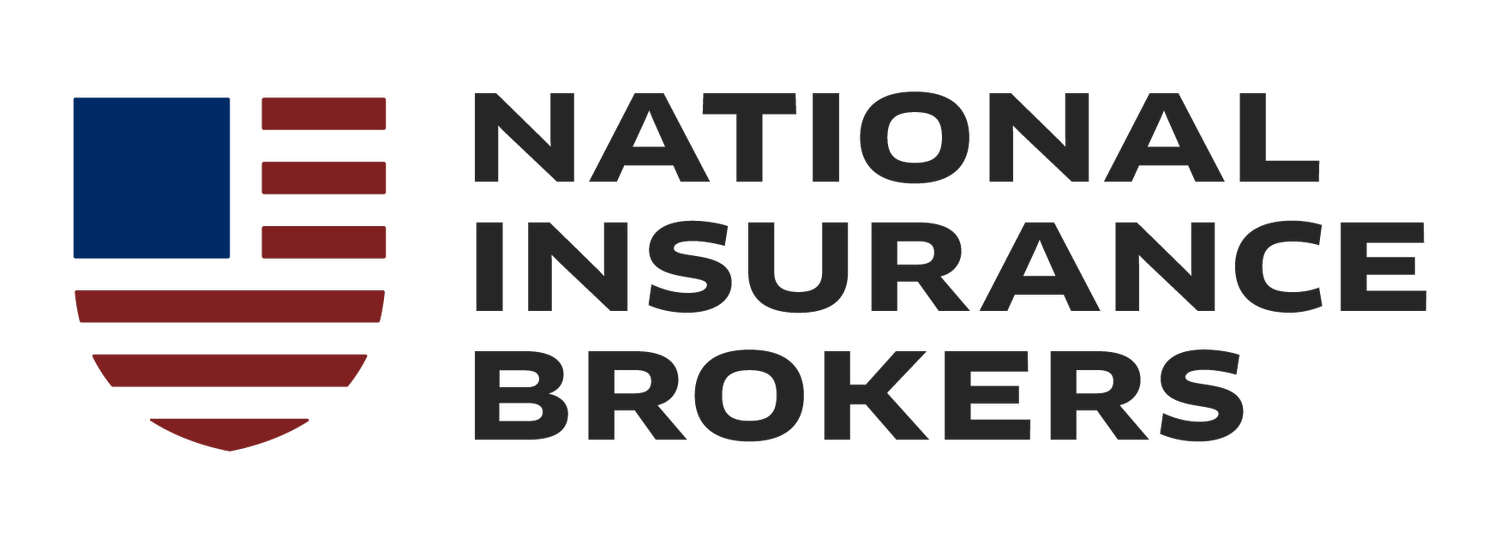Behind the Wheel: How Your Driving Record Impacts Auto Insurance Rates
It's more than your driving skills when you're on the road, especially when it comes to car insurance.
Your driving record speaks volumes to the best car insurance companies, revealing much about your habits and risks.
But how exactly does your driving history influence your auto insurance rates? This article aims to unravel that connection and offers a deep dive into how various incidents on your driving record can significantly impact your premiums.
With the right knowledge, you can make informed choices that benefit your safety and wallet, considering your bad driving record auto insurance.
The Good, the Bad, and the Ugly: Types of Incidents on Your Record
An insurance company uses many factors to determine rates, but one of the most significant is your driving record.
Let’s uncover the various incidents that might feature on your record and explore their influence on your auto insurance.
Accidents and At-Fault Claims
Regarding car insurance premiums, accidents—especially at-fault accidents—can raise red flags for insurers. An at-fault accident means that you were primarily responsible for the mishap.
Insurance companies view such bad drivers as high-risk drivers, leading to a spike in their insurance rates. Typically, these elevated rates can remain in effect for up to five years following the accident.
However, not all accidents are weighed equally. Multiple at-fault accidents can cause a steeper rise in premiums than a single incident.
Traffic Violations and Tickets
Speeding tickets, running a red light, or not adhering to the speed limit can all fall under traffic laws.
While a solitary speeding ticket might result in a slight rate increase, several tickets can compound the effect.
On the bright side, taking a defensive driving course can sometimes offset these increases, signaling to your insurer that you're committed to safe driving.
DUIs and Serious Offenses
DUI convictions and other serious offenses are grave matters in the eyes of insurance companies like State Farm.
A DUI on your bad records can cause your insurance rates to skyrocket, often doubling or even tripling in some cases. Such convictions highlight a driver's recklessness, making them a high-risk insurer client.
It's also worth noting that a DUI conviction can remain on your driving record for an extended period, continuing to influence your car insurance rates.
How Different Incidents Impact Insurance Rates
Every car insurance company has its method of evaluating risk, but some general patterns emerge when considering rate hikes:
Minor traffic violation: Expect a moderate increase in your insurance rates. This includes infractions like not stopping completely at a stop sign or minor speeding over the limit.
At-fault accidents: These can cause a more substantial rate increase, especially if significant damages or injuries are involved. Remember, bad driving record auto insurance is there to protect you, but repeated mistakes can lead to higher premiums.
Serious traffic violations: Think reckless driving or exceeding the speed limit by a significant margin. Such incidents can cause your rates to surge considerably.
DUIs: As the most serious offense, DUIs can lead to the highest rate hikes. In some cases, finding insurance after a DUI can become a challenge, with some companies potentially refusing coverage.
It's crucial to remember that insurance companies like State Farm review your driving history. Maintaining a clean record ensures road safety and leads to more affordable rates with your insurance company.
For those with bad records, hope isn't lost. Many insurance companies offer forgiveness programs or allow drivers to reduce their rates through defensive driving courses or other measures.
When in doubt or seeking guidance on navigating the complex landscape of auto insurance with a less-than-perfect record, the experts at National Insurance Brokers are always ready to assist you.
Shopping for Insurance With a Blemished Record
For many, seeking affordable auto insurance becomes challenging when they have a bad driving record.
However, it's not an impossible endeavor. With the right strategies and understanding, even those with a few blemishes can find coverage that keeps the bank intact.
Tips for Finding Affordable Coverage With a Less-Than-Perfect Record
While a flawless record is a ticket to the most affordable rates, having a few mishaps means you'll only pay exorbitant premiums for a while. Here's how you can seek cost-effective coverage:
Defensive Driving Course: Enrolling in a recognized defensive driving course can prove beneficial. Such courses can sometimes lead to discounts, as they demonstrate a commitment to safe driving.
Seek Forgiveness: Some insurance companies, like State Farm, offer accident forgiveness programs. The insurer may overlook your first at-fault accident, ensuring your rates remain unchanged.
Increase Your Deductible: You can reduce your premium by opting for a higher deductible. However, ensure you have the funds set aside to file a claim.
Bundle Your Full Coverage Policy: By bundling multiple insurance policies, like your home and auto insurance, you might qualify for discounts.
Review Your Coverage: Ensure you're not over-insured. For older vehicles, for instance, full coverage insurance may only sometimes be economical.
Ask for Discounts: You might qualify for other discounts, such as military members discounts or discounts for good grades. It never hurts to ask.
The Role of High-Risk Insurance Policies
Standard auto insurance policies seem elusive for those considered high-risk drivers. Enter high-risk auto insurance.
While these policies have a higher price tag, they cater to those with bad driving records or serious offenses. Known also as non-standard insurance, it's a way for bad drivers to remain legally insured even after being considered a high-risk driver.
Over time, as infractions fade from your bad records, you can transition back to standard insurance and enjoy lower rates.
The Importance of Comparison Shopping
Comparison shopping is vital, especially if your driving history involves incidents. The best car insurance companies evaluate risk differently. What one company might view as a deal-breaker, another might see as a minor issue. So:
Get Multiple Quotes: Before finalizing a car insurance company, seek quotes from multiple providers.
Use Online Comparison Tools: Many tools are available online to compare vehicle insurance rates across different companies.
Read Reviews: Customer satisfaction can provide insights into a company's claims process, customer service, and reliability.
Understand Coverage Policy Differences: Sometimes, the cheapest car insurance companies might not offer comprehensive coverage. Understand the nuances of each coverage policy you're considering.
Conclusion
Driving responsibly is paramount, not just for safety but also for manageable auto insurance coverage rates.
Remember that cheap insurance is within reach, even with blemishes on your driving record. Make informed decisions and consistently practice safe driving; you’ll see the benefits over time.
For tailored advice on navigating bad driving record auto insurance, contact National Insurance Brokers.
Safe travels!

